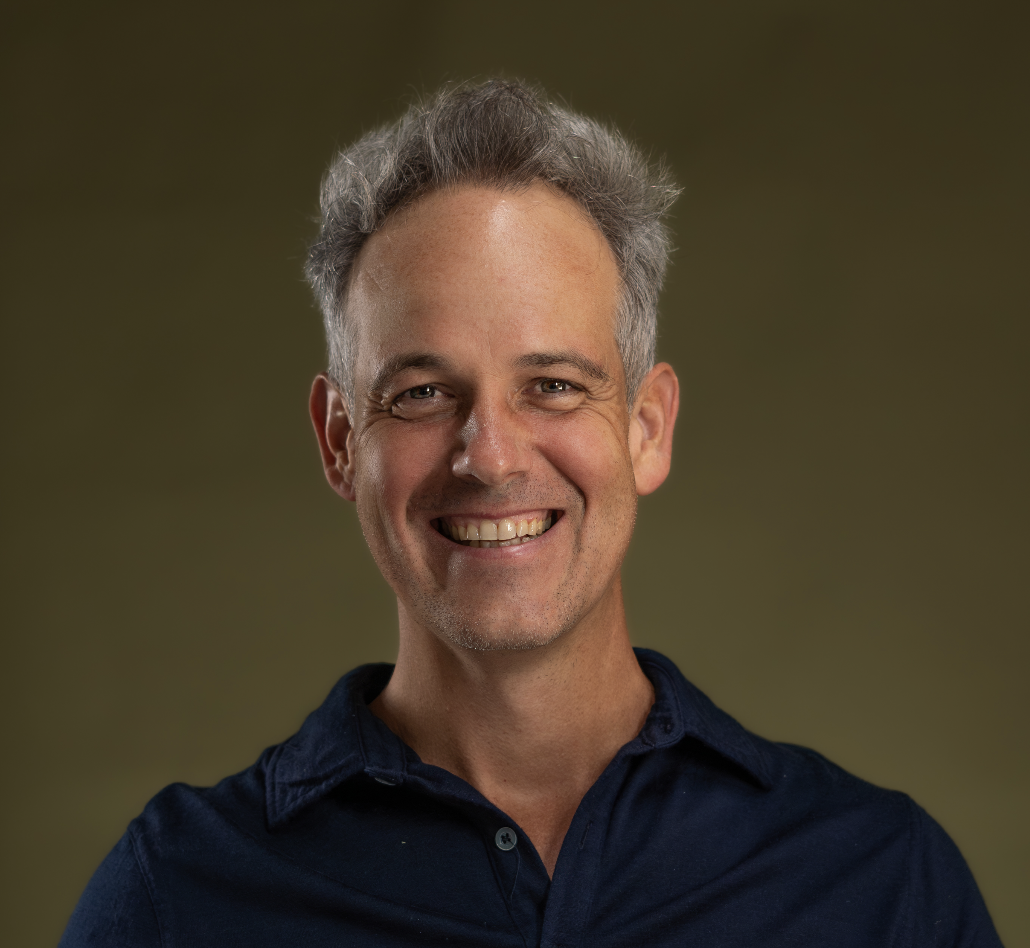September has been a busy month for members of the Entrepreneurs Organisation’s Cape Town Chapter. EO broke new ground when ten members of the chapter participated in the Steenberg trail run on Heritage day, but this experiment in outdoors activity did not detract from the time spent covering more familiar terrain in two very special ‘In The Boardroom' sessions. As leaders in their respective fields, Hotelier Liz McGrath and mental toughness expert Dr Steve Harris shared with us some of what it takes to be extraordinary, far exceeding the expectations of all in attendance. Mrs M, as she is affectionately known by staff at all three of her hotels, is the picture of elegance. And just like her hotels, she exudes the old-world charm that people have come to expect from this Relais & Chateaux icon. From the individually selected room décor to the award winning Greenhouse restaurant at The Cellars Hohenhort, there is very little that Mrs M isn’t involved in, and it is precisely this hands-on approach that piqued the interest of EO.
When asked about the challenges of becoming the only woman in the world to own three Hotels, McGrath highlighted the leaps and bounds that have been made in gender equality since she undertook the renovations and development of her first hotel, the Plettenberg. “Back then it was highly unusual to find a woman undertaking this kind of business alone. And even more of a challenge finding a bank who would support that kind of undertaking.”
McGrath doesn’t seem to have been daunted by the kinds of social constrictions that 1970s South Africa tried to place on her entrepreneurial spirit, however. Armed with a tireless work ethic, and a belief that when you surround yourself with a team who see your vision and can adapt as it changes, McGrath single-handedly dominated the boutique hotel market. Over time, she added both the Marine in Hermanus and the Cellars Hohenhort in Constantia to her brief. In 1998, as if to finally label that special ability which seems to make everything McGrath touches turn to gold, ‘The Collection by Liz McGrath’ was launched, the same year in which McGrath was named one of Fortune magazine’s “Women to Watch”.
Clearly, McGrath has what it takes to be not only a competitor, but a dominator of her field. Dr Steve Harris is someone else who knows a thing or two about what it take to dominate a field, and the role of mental toughness needed to get there. Dr Harris is director of the eta, (Exercise Teachers Academy). His master's dissertation at the University of Cape Town focussed on performance improvement. His PhD followed on from this, with a thesis on mental skills that foucees on the question of mental toughness. Using sport as his area of focus, he developed a set of principles that he believes offer a way of honing one’s ability to withstand mental stress.
As we all know, mental stress is a part of everyday life, but Harris argues that by adopting a realistic approach, underpinned by skills and learnt behaviour, one can reprogramme the brain and, in the process, take the body beyond its previous boundaries. Harris refers to this as “The ability to manage the mind so that it directs energy to the right place, at the right time, for the right reason”.
Harris believes the key to harnessing this mental stamina lies in seven key areas, namely: concentration; composure; controlled aggression; confidence; calculated risk; competence; and commitment. By implementing all seven of these criteria in one’s plan towards building mental toughness, Harris directs his audience away from conventional notions of mental toughness that focus exclusively on the idea of controlled aggression, and builds a more balanced and grounded approach rooted in calmness.
“By approaching tasks with composure, you give yourself the opportunity to go from managing your mind to mastering it.” Dr Steve Harris is a living testimony to the success of this approach; he has placed himself at the centre of his experimental research, and has lived the ethos he espouses. His successes in the academic arena grow out of his devotion to investigating the collision site of body and brain; and, as EO’ers experienced, a morning spent learning from this man is time well spent.
